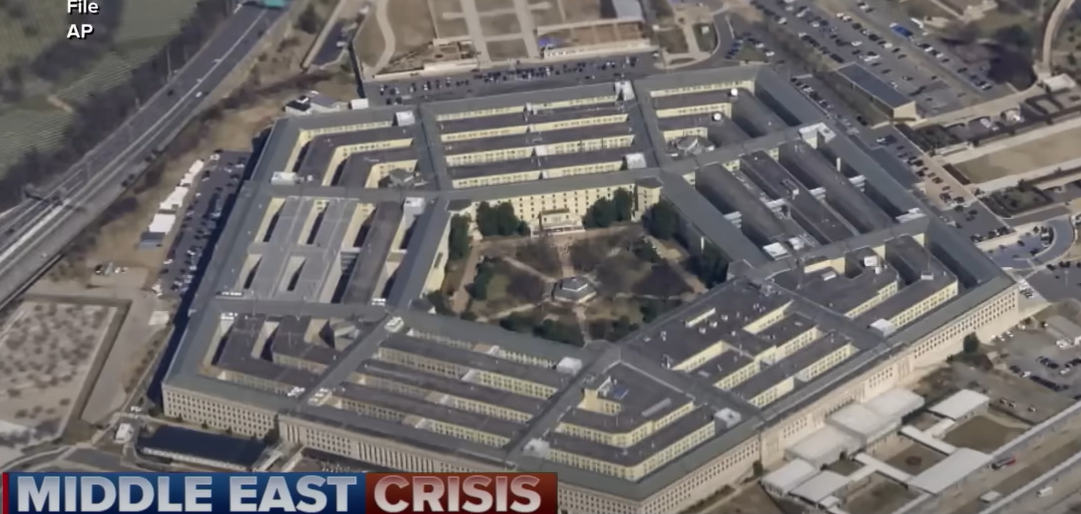The Middle East is once again teetering on the brink of chaos, and this time, the stakes couldn’t be higher. With the recent killing of a Hamas leader in Tyran, Iran has made it clear that it seeks vengeance, promising “severe punishment.” As the U.S. ramps up its military presence, deploying Navy cruisers and destroyers equipped with ballistic missile defenses, one can’t help but feel the impending doom of possible conflict.
U.S. Response: A Shield Against Aggression
In response to the escalating threats, the Pentagon has taken decisive action. The deployment of advanced U.S. naval vessels and additional fighter jets to the region is not just a show of strength—it’s a necessary measure to safeguard interests and allies. These ships and jets are ready to intercept any attack, much like the hundreds of missiles and drones Iran has previously launched at Israel, most of which were thankfully neutralized.
Life in Israel: Calm on the Surface, Tension Beneath
Despite the looming threats, life in Tel Aviv paints a picture of resilience. People are going about their daily lives, visiting beaches, and dining out. Yet, there’s an unmistakable air of tension, a “tense calm,” as described by reporters on the ground. Israelis are no strangers to threats and have become adept at maintaining normalcy amidst chaos.
Why Won’t Israel Claim Responsibility?
Israel’s silence on the recent attack in Tyran is telling. While quickly acknowledging actions against a Hezbollah commander in Beirut, they remain tight-lipped about Tyran. This selective silence is part of a broader strategy, possibly to avoid direct confrontation or international backlash. However, the message to the Israeli public seems clear: actions are being taken to ensure their safety, even if they’re not broadcasted loudly on the world stage.
The Ceasefire Mirage
Talks of a ceasefire are in the air, but with the assassination of a key Hamas negotiator, these discussions seem more like a distant mirage than a potential reality. The death of such a central figure in negotiations throws a wrench into any hopes of early resolution. The ongoing talks in Cairo, as reported, may continue, but optimism is scarce.
Final Thoughts
The Middle East stands on a precipice, with Iran’s aggressive posture and Israel’s strategic responses shaping a narrative of inevitable conflict. The question isn’t if but when. Iran’s disregard for the repercussions of its threats against a backdrop of an unstable peace is not just reckless—it’s downright terrifying. As we monitor these developments, one thing becomes increasingly clear: the threat of escalation is not just near; it is here.
We need to discuss and understand the gravity of these issues. What do you think the next steps should be? Should the international community intervene more robustly? Let us know your thoughts in the comments below.


WW3 coming